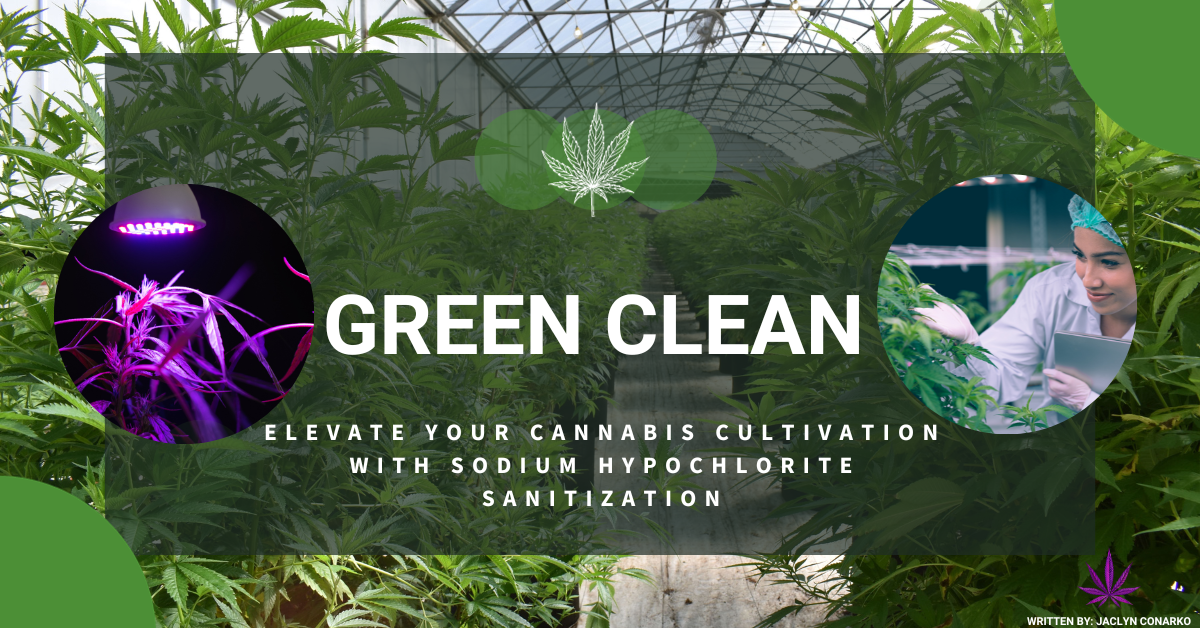
Decoding Acetone: From Nail Polish Remover to Industrial Applications
Acetone: The Versatile Industrial Powerhouse
Acetone, commonly known as a nail polish remover, is a robust industrial chemical with a vast range of applications. From pharmaceuticals to plastics, acetone's versatility makes it indispensable across industries.
The Chemistry Behind Acetone
Acetone (C3H6O) is the simplest ketone, with the chemical formula (CH3)2CO. Its structure, particularly the carbonyl group (C=O), contributes to its excellent solvent properties for organic compounds.
The Industrial Might of Acetone
Acetone's chemical properties give it a wide range of applications:
- Production of Chemicals: Acetone is a precursor in producing various chemicals, including methacrylates used in polymers for adhesives and bath tubs.
- Food Production: Small amounts of acetone are used as a flavoring in processed foods.
- Rubber Industry: Acetone acts as a solvent in the rubber industry, aiding in the vulcanization process.
- Electronics: In electronics, acetone is used as a cleaner for PCBs and in preparing semiconductors.
- Printing: Acetone aids in making lithographic printing plates.
Acetone Vs. Other Key Solvents
Acetone Characteristics
Acetone is a fast-evaporating solvent with excellent solvency for many organic compounds. It's colorless with a characteristic sweet odor.
Comparison with Other Solvents
- Isopropyl Alcohol 99.9% ACS: Unlike acetone, isopropyl alcohol is less effective at dissolving fats or resins but is widely used as a disinfectant.
- Ethyl Acetate ACS: Ethyl Acetate is a good solvent for nitrocellulose, resins, and plastics. It's less aggressive than acetone and often used in cosmetic applications.
- Hexane ACS: Hexane is a non-polar solvent often used in oil extraction. It doesn't mix with water and is less polar than acetone.
- Toluene: Toluene is an aromatic solvent, effective in dissolving rubber and certain paints. It's primarily used in the production of benzene and as an octane booster in gasoline.
Environmental Impact and Safety
Acetone is biodegradable and has low toxicity levels for humans. However, proper handling and storage are essential.
ACS Grade vs. Technical Grade Acetone
1. ACS Grade Acetone
ACS grade acetone meets or exceeds purity standards set by the American Chemical Society. It's suitable for research laboratories and analytical applications. Explore our Acetone ACS.
2. Technical Grade Acetone
Technical grade acetone is used in commercial and industrial applications where high purity is not essential. It's more economical for general use. Check out our Acetone Technical Grade.
Conclusion
Understanding the versatility and grades of acetone is crucial for selecting the right product for your needs. Whether you're in academia, research, or industry, Alliance Chemical provides both grades to cater to diverse requirements.









